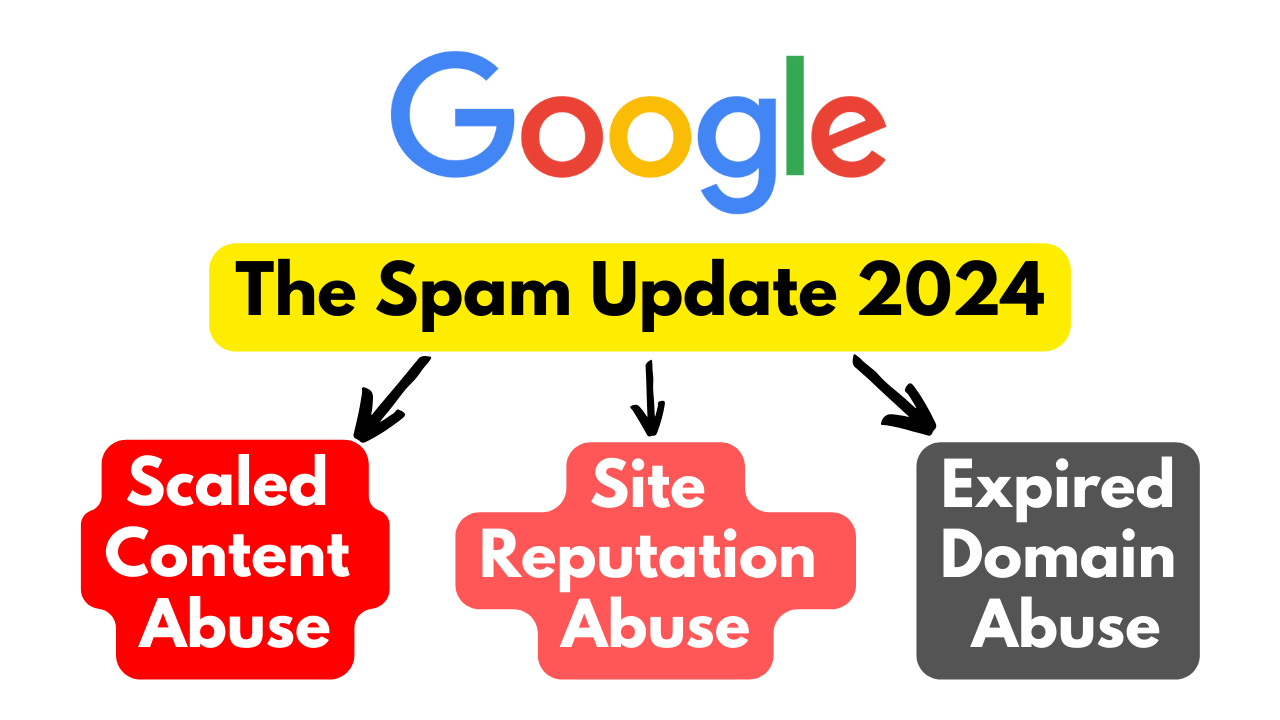Role of an SEO Manager in Digital Marketing

The Internet has completely transformed how businesses market themselves and engage with customers. In this digital age, having an online presence is no longer optional – it’s an absolute must. This is where SEO managers come in.
SEO (search engine optimization) is about improving a website’s ranking in search engines like Google to appear higher in the results for relevant searches. It takes specialized skills and in-depth knowledge to execute effective SEO strategies. ‘
That’s why the role of an SEO manager is so crucial for modern businesses looking to be discoverable and connect with consumers online.
In this article, we’ll explore the key responsibilities of an SEO manager and how they contribute to a company’s digital marketing success. Whether you’re interested in pursuing SEO as a career or simply want to understand its value, you’ll learn why SEO managers are indispensable members of marketing teams.
Responsibilities of an SEO Manager

An SEO manager typically has diverse duties focused on improving search visibility. Their role bridges the gap between technical SEO work and broader business goals. Here are some of their most common responsibilities:
1. Conduct Keyword Research
Thorough keyword research is the foundation of devising an SEO strategy. The manager analyzes market data and trends to identify high-value keywords and keyphrases relevant to the business. This informs content creation and link-building efforts. They understand which terms and topics to target to attract their ideal audience.
2. Optimize Website Content
Based on keyword research, the SEO manager oversees the creation and optimization of website content. This includes things like:
- Crafting meta descriptions and titles that include keyphrases
- Integrating keywords into page content in an organic way
- Creating new, relevant content like blog posts
- Structuring content in a search-friendly way
The goal is to create content optimized for both search engines and human readers.
3. Perform Technical SEO Audits
SEO managers conduct audits to identify problems preventing pages from ranking. This includes things like:
- Ensuring correct use of HTML tags and schemas
- Checking site speed and mobile optimization
- Improving site architecture by eliminating duplicate or thin content
- Fixing technical errors like broken links
They recommend structural and design changes to developers to boost SEO.
4. Build High-Quality Backlinks
The number and quality of external sites linking to a page majorly affect its search ranking. Securing backlinks from reputable, relevant sites is a top priority. The SEO manager builds relationships with industry partners, conducts outreach campaigns, and identifies link-building opportunities.
5. Analyze Performance and Results
There’s a lot of data involved in SEO. The manager regularly analyzes important metrics like:
- Rankings for target keywords
- Traffic from organic search
- Click-through-rates
- Lead and sale conversion rates
- Site speed and user behavior
Based on this data, they refine strategies and work to continuously improve results. SEO is always evolving, so they must stay on top of new algorithm updates and best practices.
6. Collaborate Across Teams
SEO impacts many aspects of operations. Effective management requires collaborating with others in the organization, such as:
- Working with executives to align SEO goals with broader business objectives
- Partnering with marketing teams on initiatives like content creation and email campaigns
- Guiding developers and product teams on site enhancements
- Educating customer-facing teams on SEO best practices
The SEO manager acts as the resident SEO expert, advising and integrating with other departments.
Value of an SEO Manager for Digital Marketing
SEO managers handle diverse, challenging responsibilities. But why are they so invaluable for digital marketing success?
a. Increase Brand Visibility
SEO gets a business seen by increasing visibility in organic search results. Appearing on the first page for relevant queries can expand brand reach and awareness tenfold. The SEO manager ensures the brand ranks for important searches prospective customers are conducting.
b. Generate More Quality Leads
Higher visibility drives more traffic to the website. The SEO manager helps attract inbound visitors who have the intent to buy. Optimizing for product and service-related searches draws an audience actively looking for those offerings. This increased lead flow improves overall conversion rates.
c. Boost Website Traffic
More organic search traffic means more eyes on the brand. The content and pages optimized by the SEO manager give searchers a reason to click and visit the site. This traffic boost improves other metrics like brand authority, engagement, and conversions over time.
d. Target Ideal Customers
Keyword research allows the SEO manager to identify and attract specific buyer personas through search. Targeting niche terms valuable to ideal customers and those in the decision process maximizes relevance. This promotes engagement from high-quality leads.
e. Improve User Experience
Beyond search, SEO managers enhance the overall user experience. Things like faster load speeds, readable content, and simple navigation make visitors more likely to engage and convert. UX combined with relevant visibility creates a powerful one-two punch.
f. Generate More Revenue
Ultimately, the traffic and leads SEO delivers translate into serious revenue. By connecting brands with intent-driven searchers, SEO managers generate more qualified leads and sales over time. The ROI from search visibility is immense compared to other channels.
g. Gain a Competitive Edge
SEO allows brands to stand out from competitors vying for the same space. When done right, it puts companies ahead in search rankings so they get found first. Being the prominent result for industry keywords gives a major competitive advantage.
Key Skills and Qualities
Achieving all these benefits requires diverse SEO expertise and qualities. Here are some of the most important abilities for SEO managers to cultivate:
i) Technical SEO Knowledge
Managers must master both on-page and off-page optimization techniques. This includes things like metadata, linking, speed optimization, etc. They should understand how search engines operate to enhance content for crawling and indexing.
ii) Research and Analysis Skills
These roles require regularly conducting market research, identifying trends, and analyzing extensive data. Strong research, analytical, and critical thinking skills allow managers to extract key insights.
iii) Project Management Experience
Juggling diverse SEO initiatives demands solid organizational abilities. Experience overseeing complex projects with multiple moving pieces is extremely valuable.
iv) Creativity
SEO isn’t just technical – creativity powers things like content strategy and link building. Managers generate ideas for engaging, search-friendly content that also resonates with users.
v) Communication and Leadership
Leading collaboration across teams requires excellent communication skills. SEO managers must convey technical concepts to non-SEO colleagues while advocating for optimization.
vi) Business Acumen
Understanding the company’s broader objectives, target audience, and pain points allows managers to optimize for what matters most. Aligning SEO with business goals requires commercial savvy.
vii) Agility and Adaptability
SEO evolves rapidly. Managers must stay on top of constant changes to algorithms, best practices, and trends. Being nimble and able to pivot strategies is essential.
Conclusion
SEO may seem complicated from the outside, but it’s a marketing essential in today’s digital landscape. It leverages search visibility to connect brands with their ideal customers. This generates more qualified website traffic, leads, and revenue over time.
SEO managers play a multifaceted, value-driving role in leading these efforts. From conducting deep research to deploying technical enhancements to building links, they optimize across many fronts to improve search rankings. Their specialized expertise in both search analytics and user experience gives brands an expansive competitive edge.
Companies serious about digital marketing should prioritize having a skilled SEO manager on staff. They pay dividends through the visibility, traffic, and conversions they create. In our increasingly digital economy, SEO is a long-term investment that generates immense value.




